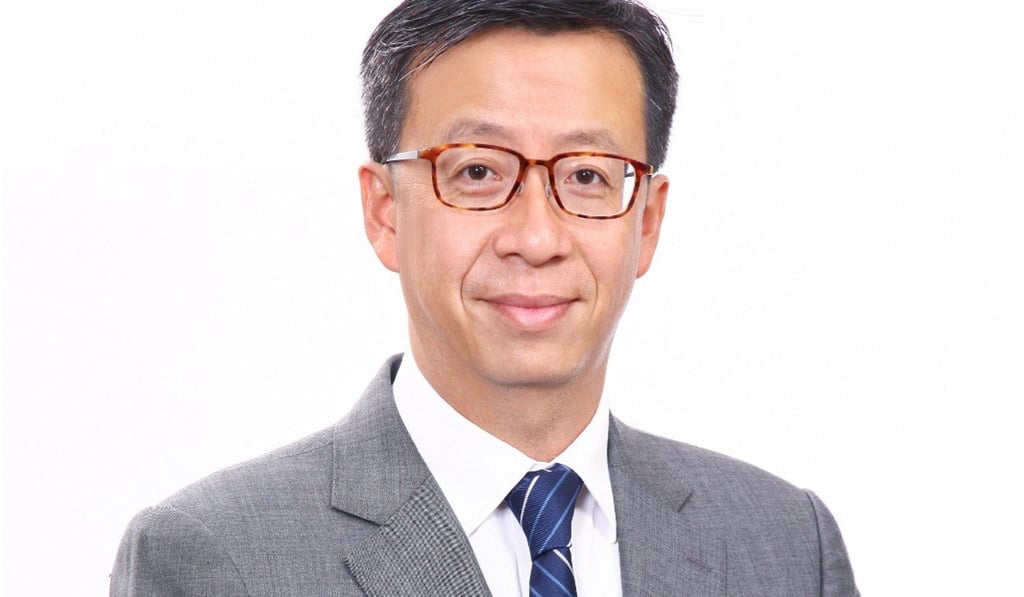Why are investors offloading Hua Medicine stock which is close to launching a novel diabetes drug?
- George Lin, Hua Medicine’s chief financial officer, says results for dorzagliatin are good and has advantages over existing diabetes drugs on the market
- Company is targeting a launch for the drug in 2021

Hua Medicine, whose shares have shed more than 40 per cent this week after the interim clinical trial results of a diabetes drug did not meet investors’ expectations, said it was confident of receiving marketing approval from Chinese regulators.
Hong Kong-listed Hua’s shares fell 5.3 per cent on Thursday at HK$4.12, taking its overall losses since to 40.2 per cent since the results were announced late on Monday.
Investors have questioned the high therapeutic reading – relative to existing drugs in the market – of the trial’s placebo.

Lin attributed the high reading to the fact that this was the first time that a novel diabetes drug has gone through phase three trial in China, where regulators have yet to set guidelines for such trials but have demanded that patients be subject to doctors’ check-up every four weeks.